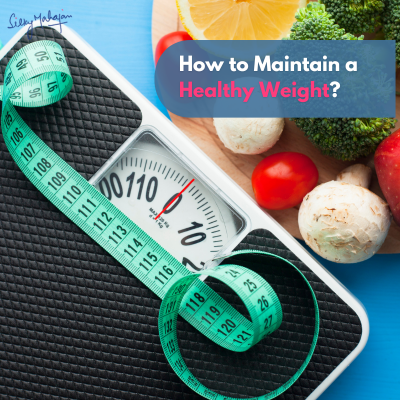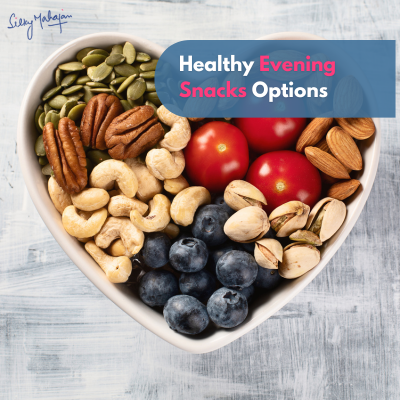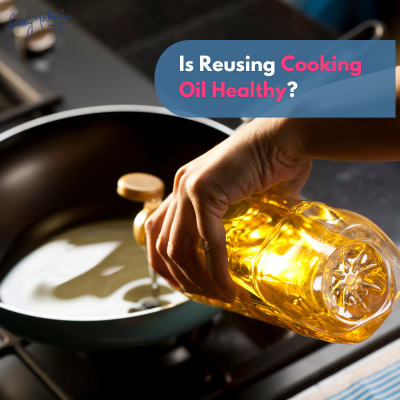Oh, coffee! Everyone loves it, but is it good or bad to drink it on an empty stomach? While coffee can provide a much-needed energy boost to kickstart your day, consuming it on an empty stomach can lead to some unpleasant side effects for certain people. This blog explores the pros and cons of having coffee first thing in the morning and offers tips on how to enjoy it without compromising your health.
The Benefits of Morning Coffee
Coffee is widely appreciated for its ability to wake us up and increase alertness. The caffeine in coffee stimulates the central nervous system, helping you feel more awake and focused. For many, it’s a ritual that signals the start of a new day, providing comfort and routine.
The Potential Downsides of Drinking Coffee on an Empty Stomach
However, drinking coffee on an empty stomach isn’t ideal for everyone. Here are some potential downsides:
- Acid Reflux and Indigestion: Coffee is acidic and can stimulate the production of stomach acid. When consumed on an empty stomach, it may increase the risk of acid reflux, heartburn, and indigestion, especially for those who are prone to these conditions.
- Increased Anxiety and Jitters: Without food in your stomach, the caffeine in coffee can enter your bloodstream more quickly, leading to a sudden spike in energy. This can cause jitters, increased heart rate, and heightened anxiety in some individuals.
- Upset Stomach: Some people may experience nausea or discomfort when drinking coffee without eating anything first. This is because coffee can irritate the stomach lining, especially in sensitive individuals.
How to Enjoy Coffee Without the Side Effects
If you love your morning coffee but want to avoid the potential downsides, consider pairing it with a small, healthy snack. Here are some ideas:
- Whole-Grain Toast with Avocado: The healthy fats in avocado can help buffer the acidity of the coffee and provide a more sustained release of energy.
- A Banana: Bananas are gentle on the stomach and offer a quick source of carbohydrates to balance the effects of caffeine.
- A Handful of Nuts: Nuts provide protein and healthy fats that can help stabilize blood sugar levels and prevent caffeine-induced jitters.
These foods can help cushion your stomach and slow the absorption of caffeine, reducing the likelihood of side effects.
Listen to Your Body
Everyone’s tolerance to coffee varies, so it’s important to listen to your body and adjust your habits accordingly. If you notice that coffee on an empty stomach consistently causes discomfort, consider changing your routine by eating a light snack first or delaying your coffee until after breakfast.
Conclusion
While coffee is a beloved morning ritual for many, drinking it on an empty stomach can cause issues like acid reflux, anxiety, and stomach discomfort for some people. Pairing your coffee with a healthy snack can help mitigate these effects and allow you to enjoy your favorite brew without the downside. Remember to listen to your body and find what works best for you.
In case of any related query related to nutrition or weight management book an appointment with Dt. Silky Mahajan .You can also send us a mail at info@foodsandnutrition.in or call on 7829999400. Follow us on facebook & instagram for latest updates.











